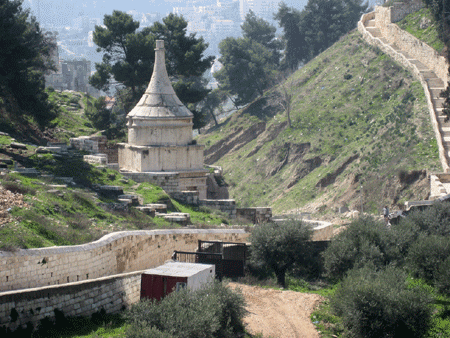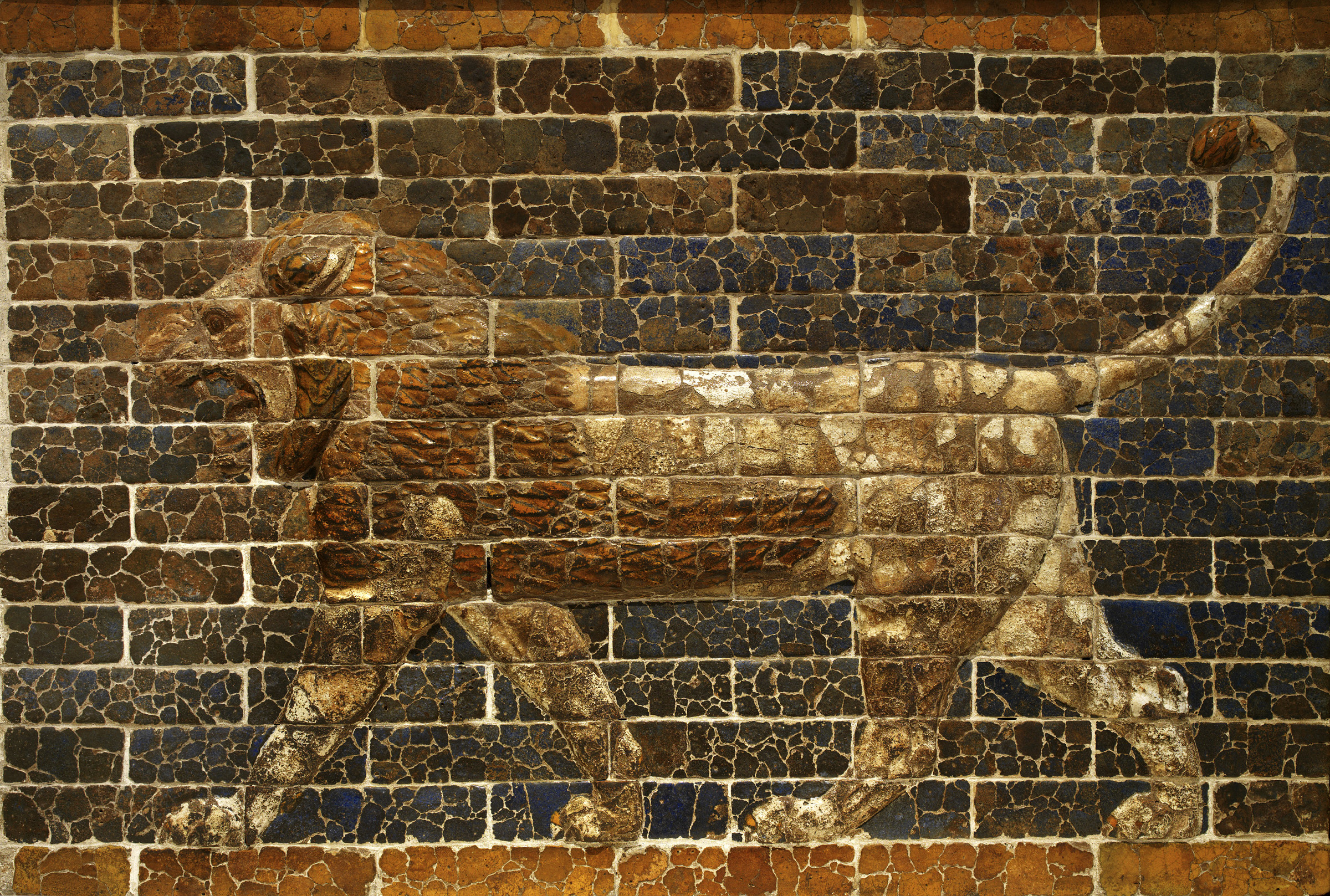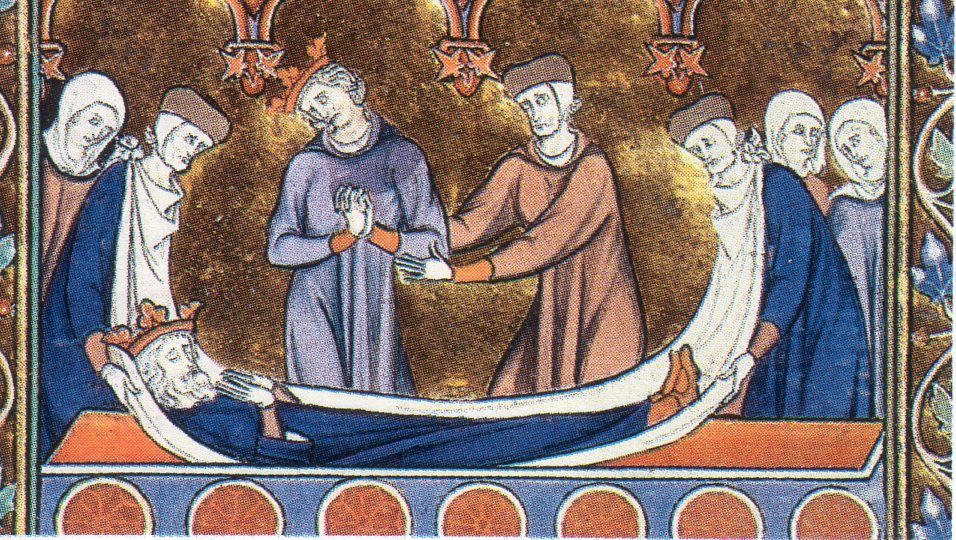Summary 2 Samuel 19:
Absalom, who had just mounted a coup against David, was dead. David was mourning Absalom uncontrollably to the point his men were demoralized. Joab told David to go and encourage him men. The Israelites returned home, confused since Absalom, the anointed king, was dead. The elders brought David back to rule over the Israelites. Shimei, who cursed David (2 Samuel 16:5-13), was pardoned. Mephibosheth regained half his lands that Ziba had lied to David to get. David crossed over the Jordan River to be king, but a rift between Israel and Judah was getting wider.
Summary 2 Samuel 20:
Sheba, a Benjamite from the North, rebels against David, taking the men of Israel with him. Judah remains loyal to David. David orders Sheba to be pursued. Amasa is sent, but he takes too long. Thinking him a traitor, Joab stabs Amasa and kills him. A wise woman throws over Sheba’s head to Joab to save her her city that Sheba was hiding in (Abel Beth Maacah) from Joab. The rebellion ends.
BSF Study Questions People of the Promised Land 1: Lesson 22, Day 2: 2 Samuel 19-20:
3) Excessive. Joab is right. David wasn’t thinking of his men who just risked their lives fighting for David against Absalom and then he only mourns Absalom’s death instead of his own men’s. He should be celebrating the victory with his men, not wallowing over his son who clearly didn’t love him.
4) David doesn’t punish those who were against him. He pardons them. He listens to Mephibosheth and restores his land. He cares for the elderly. David is compassionate and views others like God word — with love.
5) Personal Question. My answer: This passage is about forgiving your enemies and doing the right thing. It encourages me to look at others as God does.
Conclusions BSF Study Questions People of the Promised Land 1 Lesson 22 Day 2: 2 Samuel 19-20:
David gets his kingdom back but at a price — Judah and Israel’s tensions are high. The writing is on the wall for the split in the kingdom.
End Notes BSF Study Questions People of the Promised Land 1 Lesson 22, Day 2: 2 Samuel 19-20:
![Image result for 2 samuel 19]() Commentary 2 Samuel 19:
Commentary 2 Samuel 19:
David’s uncontrolled weeping over Absalom’s Death
David’s loyal and sacrificing supporters won that day for the glory of God and the good of Israel. Then they felt bad and ashamed about the victory because David was overcome with excessive weeping and mourning for Absalom.
- There is such a thing as excessive mourning – mourning that is basically rooted in unbelief and self indulgence. In 1 Thessalonians 4:13, Paul warned Christians: I do not want you to be ignorant, brethren, concerning those who have fallen asleep, lest you sorrow as others who have no hope. Some Christians sorrow at times in death or tragedy like those who have no hope in God and this is wrong to do.
When someone is overcome in tragedy or sorrow, the problem is not in what they know, but in what they forget. David forgot God is in control.
Joab is right to call David out on his behavior. David does the right thing by sitting by the city gate. Joab’s rebuke worked because Joab cared enough to say it, and David was wise enough to receive it.
David’s return as King
- Israel seemed only to want David back after the false king Absalom failed. In the same way, we often only decide to bring back King Jesus when our false kings fail.
- David could not force his return or acceptance on Israel. Israel had to want him back. God will not force His reign on us. We must welcome His reign and He will not force our heart response. Our hearts must be swayed by the work of the Word of God and the Holy Spirit.
Who’s Amasa?
- Amasa was the captain of Absalom’s army.
- David put Amasa in Joab’s place as a gesture of reconciliation to the former supporters of Absalom.
Shimei repents
- Shimei is humbled.
- Shimei is honoring.
- Shimei is honest.
- Shimei is action-oriented.
Mephibosheth
- Mephibosheth was the son of Jonathan and the last surviving heir to the dynasty of Saul. 2 Samuel 9 told how David showed unique kindness to Mephibosheth. 2 Samuel 16:1-4 described how Ziba, the servant of Mephibosheth, met David with supplies as he left Jerusalem. Ziba said that Mephibosheth abandoned David and hoped to gain from the conflict between David and Absalom.
- Mephibosheth explained why he did not join David, and how Ziba slandered him before David.
- Though Mephibosheth was slandered before David, Mephibosheth didn’t defend himself or demand a hearing before David. He knew David already gave him more than he deserved, so if David were to now take it all away he would still be ahead.
- When Ziba told David that Mephibosheth abandoned him, David granted Ziba all of Mephibosheth’s land and property (2 Samuel 16:4). Hearing the whole story, David didn’t go back on his promise to Ziba even though it was made under fraudulent circumstances. Yet he did lessen Ziba’s reward by offering a split between Ziba and Mephibosheth of all the property from Saul’s house.
Barzillai
- Barzillai helped David when he fled Jerusalem as Absalom took over the city. In gratitude, David offered him the honor of living with him in Jerusalem.
- Barzillai was a man of great resources – and he wisely used those resources to support the servant of God and the cause of God. In Luke 12:21, Jesus spoke of the foolish man who lays up treasure for himself, and is not rich toward God. Barzillai was wise enough to use his resources to lay up treasure in heaven and he was rich toward God.
- Barzillai did not help David for the sake of reward. He gave out of a right heart, not from the motive of self-exaltation.
- Barzillai respectfully declined the honor for himself, but accepted it on behalf of his son, Chimham.
![Image result for 2 samuel 20]()
The rift between Judah and Israel
- The northern tribes felt excluded in this ceremonial welcoming back of David from across the Jordan River.
- This argument was about who was more loyal to King David and thus who had the greater right to honor him.
- The ten northern tribes (Israel) felt unappreciated by the tribe of Judah. This competitive attitude between Judah and the ten northern tribes set the stage for civil war in David’s day and the eventual division of the nation into two.
Commentary 2 Samuel 20:
![Image result for 2 samuel 20]() Sheba’s Rebellion
Sheba’s Rebellion
- Sheba took advantage of David’s weakened position after Absalom’s death
- Sheba denied the king’s sovereignty.
- Sheba devalued the king’s identity.
- Sheba decided to go his own way and drew others with him.
The ten northern tribes followed Sheba. Judah was loyal. When others desert or divide, it gives a greater opportunity to demonstrate loyalty.
The sad fate of David’s ten concubines is an example of how our sin often has horrible effects on others. They suffered because of Absalom’s sin – and David’s sin.
Joab’s cruelty
- Joab murdered Amasa – the man who replaced him as commander of David’s armies – out of both rivalry and concern that Amasa did not genuinely support David.
Siege warfare was a terrible ordeal for the citizens of the besieged city, and this wise woman was smart enough to seek a speedy end to the struggle.
THEME OF 2 SAMUEL 20: No one is safe when they run against God’s will, especially not Sheba.

 Commentary 2 Samuel 19:
Commentary 2 Samuel 19:
 Sheba’s Rebellion
Sheba’s Rebellion
 Commentary 2 Samuel 21:
Commentary 2 Samuel 21:
 The many titles of God
The many titles of God
 These are not the very last words of David, just his final thoughts at the end of his life.
These are not the very last words of David, just his final thoughts at the end of his life.

 David takes a census of Israel and Judah moved by Satan. After 9 months and 20 days, the number of men numbered 800,000 in Israel and 500,000 in Judah. David confesses his sin (for not having faith in the Lord for fighting purposes), and Gad the prophet gives him 3 choices for consequences:
David takes a census of Israel and Judah moved by Satan. After 9 months and 20 days, the number of men numbered 800,000 in Israel and 500,000 in Judah. David confesses his sin (for not having faith in the Lord for fighting purposes), and Gad the prophet gives him 3 choices for consequences:






 David stepped aside, quickly and decisively, so Solomon could rule.
David stepped aside, quickly and decisively, so Solomon could rule.

 This explanation was not previously recorded, either in 2 Samuel or in 1 Chronicles. Here we find one of the reasons why God did not want David to build the temple, and why He chose Solomon instead. God wanted a man of rest and peace to build a house unto Him.
This explanation was not previously recorded, either in 2 Samuel or in 1 Chronicles. Here we find one of the reasons why God did not want David to build the temple, and why He chose Solomon instead. God wanted a man of rest and peace to build a house unto Him. FUN FACT: This is the first time in the Bible that God is addressed directly as a Father over His people.
FUN FACT: This is the first time in the Bible that God is addressed directly as a Father over His people.
 Commentary 1 Kings 2:
Commentary 1 Kings 2:
 Among the ancient Persians and Arabs, the new king took the harem of the previous king.
Among the ancient Persians and Arabs, the new king took the harem of the previous king. Ittai means “God is with me.” Ittai was a son of Ribai, a Benjamite from Gibeah and was numbered among David’s mighty warriors. A Gittite (non-Israeli), he was a commander in David’s army. He shows loyalty to David despite being a foreigner. Significant because of his loyalty, Ittai earned a place in the Bible as an example of not abandoning your friends/leaders/king when they are weak.
Ittai means “God is with me.” Ittai was a son of Ribai, a Benjamite from Gibeah and was numbered among David’s mighty warriors. A Gittite (non-Israeli), he was a commander in David’s army. He shows loyalty to David despite being a foreigner. Significant because of his loyalty, Ittai earned a place in the Bible as an example of not abandoning your friends/leaders/king when they are weak.

 At this time, altars were allowed in Israel at various high places, as long as those altars were unto the LORD and not corrupted by idolatry (as commanded in
At this time, altars were allowed in Israel at various high places, as long as those altars were unto the LORD and not corrupted by idolatry (as commanded in  Commands to the future king of Israel
Commands to the future king of Israel
 Solomon and the baby
Solomon and the baby
 Warning to choose friends wisely
Warning to choose friends wisely
 Commentary 1 Kings 4:1-28:
Commentary 1 Kings 4:1-28:

 Solomon’s wisdom
Solomon’s wisdom We are introduced in BSF’s People of the Promised Land’s study to Gad the prophet in 1 Samuel 22:5 when he appears out of nowhere to advise David to flee from Saul into Judah. We meet him again in 2 Samuel 24 where the Lord gives Gad messages to speak to David in David’s last years. He is mentioned only twice more in the Bible: 2 Chronicles 29:25 where he assists in arranging the musical services of the Temple and how he wrote parts of 1 Chronicles (1 Chronicles 29:29).
We are introduced in BSF’s People of the Promised Land’s study to Gad the prophet in 1 Samuel 22:5 when he appears out of nowhere to advise David to flee from Saul into Judah. We meet him again in 2 Samuel 24 where the Lord gives Gad messages to speak to David in David’s last years. He is mentioned only twice more in the Bible: 2 Chronicles 29:25 where he assists in arranging the musical services of the Temple and how he wrote parts of 1 Chronicles (1 Chronicles 29:29). “Change your leaves, keep intact your roots.”
“Change your leaves, keep intact your roots.”